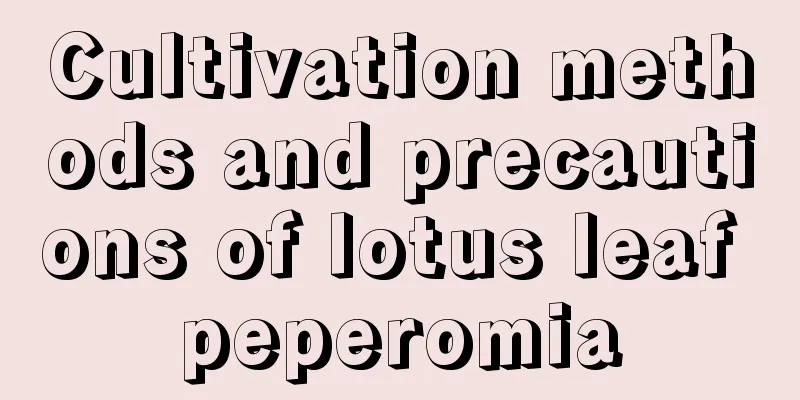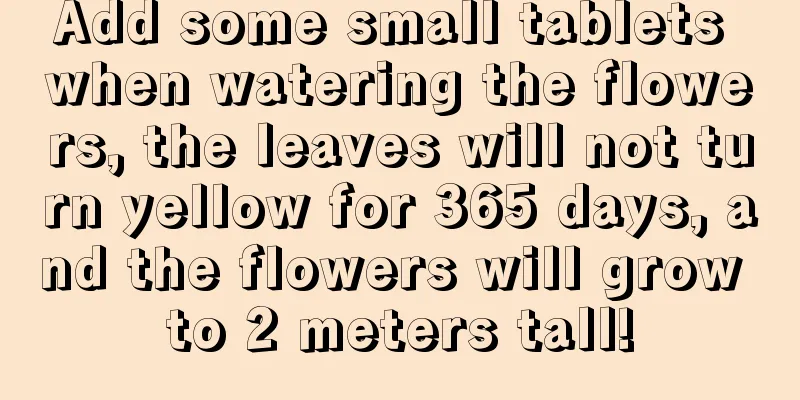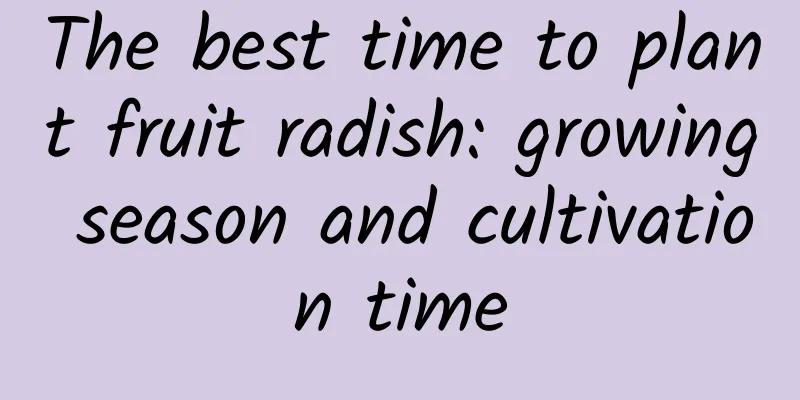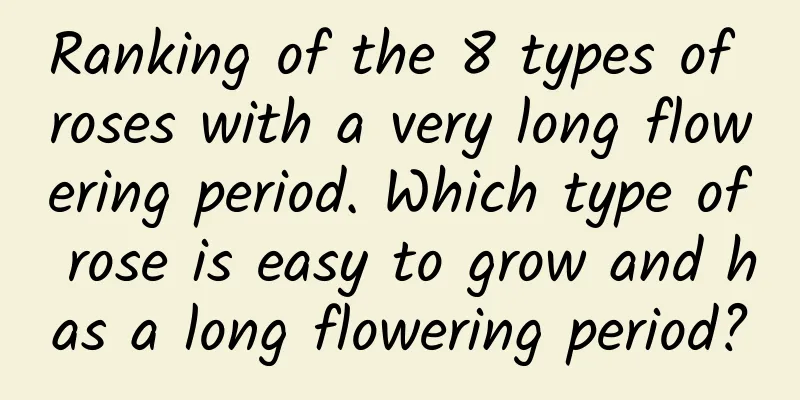Cultivation methods and precautions of lotus leaf peperomia

Distribution and growth habits of Peperomia paniculataDistributionThe origin of Peperomia paniculata is Brazil, and it is mostly distributed in tropical and subtropical regions. Growth habitSince Peperomia paniculata is mostly distributed in tropical and subtropical regions, it prefers a high temperature and high humidity growing environment. It is not cold-resistant or drought-resistant. It requires sufficient light, preferably scattered light, and avoids strong light. How to cultivate lotus leaf peperomiaLight and temperaturePeperomia requires sufficient diffuse light, and it is best to avoid direct sunlight during its growth period. It is also very shade-tolerant and needs to be shaded when the sun is strong in the summer. In terms of temperature, the suitable temperature for the growth of Peperomia japonica should be kept between 20℃ and 30℃. It is not cold-resistant and needs to be kept warm in winter. It is best not to be lower than 5℃, otherwise frost damage will occur. In summer, the temperature should not exceed 35℃. Provide appropriate shade and increase ventilation to lower the temperature. soilPeperomia has high requirements for soil, which must be fertile and well-drained. Generally, when planting peperomia, you can choose sandy soil. When planting in pots, you can use a mixture of several media, such as peat soil, leaf mold, perlite, etc., mixed in a certain proportion. Watering and fertilizingThe lotus leaf peperomia does not require high humidity, but moist is best. During the growing period of Peperomia japonica, the soil in the pot needs to be kept moist and watered once a day. If the weather is dry, you can spray water on the leaves. However, be careful not to make the soil too wet to avoid root rot. Fertilization can be applied once or twice a month. To make the leaves green and beautiful, you can apply more nitrogen fertilizer. Precautions for the cultivation of lotus leaf peperomiaReproduction methodThe propagation of Peperomia paniculata mainly involves division and leaf cuttings. Division propagation can be carried out in spring and autumn, and leaf cuttings can be carried out from May to June. DiseasesDuring the growth period of Peperomia japonica, it is important to pay attention to root rot and stem rot caused by overly wet soil in the pot, and anthracnose caused by overly humid air. The growing environment needs to be kept ventilated and treated with pesticide spraying. Other considerationsIn rainy weather, good drainage is needed to avoid excessive rain and excessive wetting of the soil in the pot, which will lead to root and stem rot. It is important to control the light. Too strong light will burn the leaves and fade the color, while excessive shading will cause the plant to grow too tall and fall over, making it lose its ornamental value.
|
<<: Cultivation methods and precautions of black heart chrysanthemum
>>: Cultivation methods and precautions of Pteris fasciata
Recommend
The correct way to water flowers with beer, what flowers are suitable for watering
Using beer to water flowers is very good. The car...
Which month is suitable for planting open-air cantaloupe?
When to plant outdoor cantaloupe Open-air cantalo...
What is the best time to weed wheat before winter?
After wheat seedlings emerge, an important part o...
Hyacinth cultivation methods and precautions
1. Soil To grow hyacinths, you need soil with str...
What to do if the leaves of the tree are sparse
Growth habit The Chinese parviflora is native to ...
Growing environment conditions and characteristics of Astragalus
Astragalus growth environment conditions and requ...
What to do if the leaves of the money tree wilt
1. Reasons The following are the common reasons w...
Lupine Varieties
Lupinus luteum The flowers are yellow and fragran...
How to grow jasmine
1. Breeding environment 1. Temperature: Jasmine s...
What to do if the swallowtail palm is infested with insects
one. Introduction If you want to grow a plant wel...
Where is Codonopsis suitable for planting
Where Codonopsis is grown Codonopsis pilosula is ...
If aloe vera turns black, will it turn green again?
1. Will it turn green again? Due to incorrect mai...
Put a drop of oil in the pot, sprouts will appear in 5 days, and the pot will bloom in 20 days!
Watering orchids with scented oil Sesame oil is r...
The language and legend of crabapple flowers
The language of the crabapple flower The flower l...
Can wood ash be used as fertilizer?
Wood ash as fertilizer Wood ash can be used as fe...









